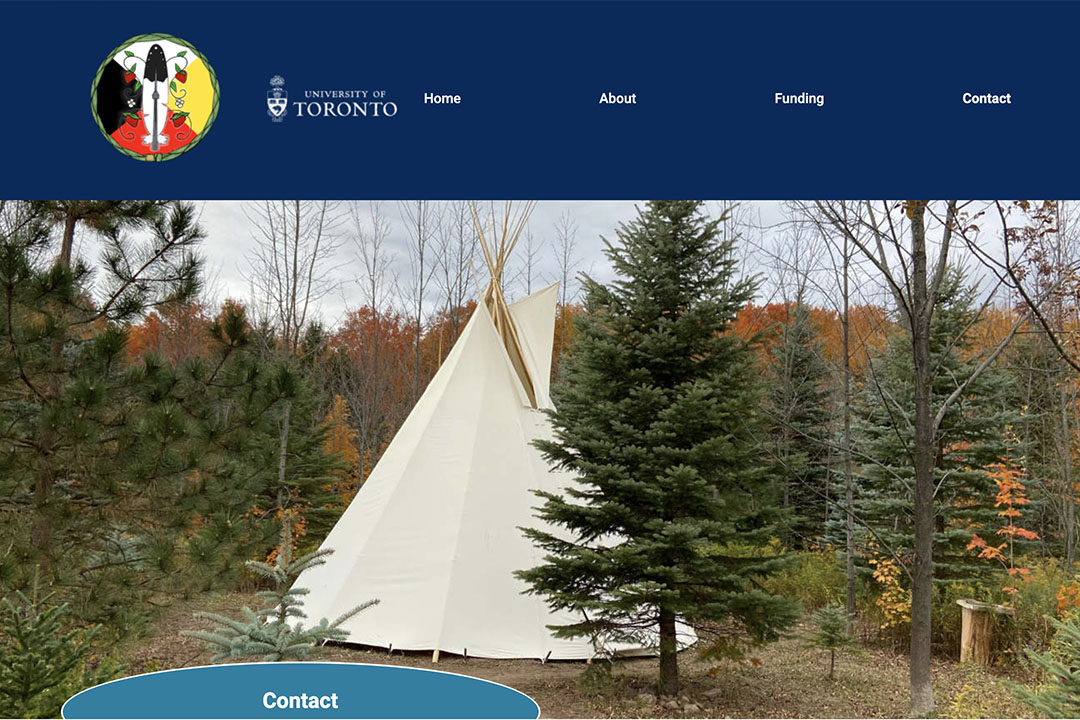Led by Dr. Suzanne Stewart, director of Waakebiness-Bryce Institute for Indigenous Health, the Indigenous Research Network (IRN) is a new Indigenous research initiative launched on September 29 and supported by the Division of the Vice-President, Research & Innovation (VPRI). The IRN’s mission is to create a community of academically interconnected researchers in an effort to inspire Indigenous research at U of T.
Goals of the network
The goal of the IRN is to establish a framework of participatory Indigenous research that respects and preserves the cultures, histories, and ways of knowing of Indigenous communities, and endeavours to undo the harms of colonization.
“There is still research that is being done that is harmful; and even if not necessarily overtly harmful, it is often of no benefit to the communities involved or impacted,” the IRN wrote in an email to The Varsity. “There are still many deficiencies in the academic realm with regards to research and these include research being done that does not meaningfully engage with [Indigenous] communities.”
One of the IRN’s core missions is therefore “[to] help support Indigenous research sovereignty and self-determination which are important aspects of reconciliation.”
The IRN joins together Indigenous researchers and scholars across all three U of T campuses. “It is designed to evolve as needs of the community change as the network is there to help contribute to help provide support, build networks and connections,” the IRN wrote.
In an interview with The Varsity, Dr. Christine Allen, associate vice-president & vice-provost, strategic initiatives at U of T, stressed that the IRN prioritizes creating a safe, supportive, and inclusive community of interdisciplinary researchers and raising awareness of Indigenous research excellence.
“There’s nothing more powerful than community,” Allen said. “This network is really about ensuring that our Indigenous scholars and researchers have the resources and support that they need to thrive.”
Allen observed that, while there has certainly been progress in promoting Indigenous research at U of T and the university has seen a significantly increased number of Indigenous researchers compared to five or 10 years ago, undoing the harms of the past requires ongoing effort.
The IRN further added that, while we can celebrate the university’s initiative to take steps and make changes, we must keep in mind the flaws inherent in U of T’s structure. “Universities are colonial institutions with many policies and processes that are steeped in colonialism and the notion that western knowledges are more legitimate than Indigenous knowledges and worldviews.”


